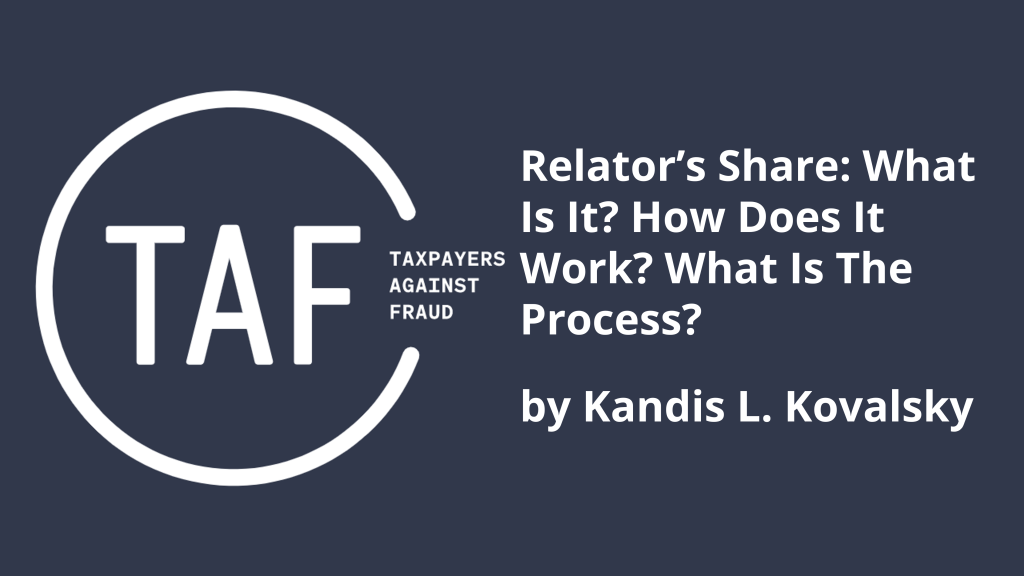In Kellogg Brown & Root Services, Inc., et al. v. United States ex rel., __, 575 U.S. __ (2015), two questions were presented before the U.S. Supreme Court: first, whether the Wartime Suspension of Limitations Act (WSLA) suspends the already generous statute of limitation under the False Claims Act (FCA); second whether the FCA’s “first-to-file” rule, which states generally that if more than one whistleblowers file the actions on the same fraud, only the first to file survives and others are dismissed, bars later filed whistleblower actions if the first filed action has been dismissed.
Reversing the Fourth Circuit Court’s decision to extend the WSLA to civil offenses, the Supreme Court unanimously held in that the WSLA only applies to criminal offenses, meaning the WSLA does not suspend the statute of limitation for an individual action brought under the FCA. The Supreme Court further held that the False Claim’s Act’s first-to-file bar applies only while related claims are active. Once the first filed case is settled or dismissed, the bar does not apply.
In 2005, the whistleblower, Carter, filed a qui tam complaint alleging that his former employer fraudulently charged the U.S. government for water purification services inadequately or fraudulently performed during the Iraq War. Nearing trial, the complaint (Carter I) was dismissed under the first-to-file rule based on an earlier filing with similar claims in United States ex rel. Thorpe v. Halliburton Co., No. 05-cv-08924 (C.D. Cal., filed Dec. 23, 2005).
 Kang Haggerty News
Kang Haggerty News


 In the October 2022 Edition of Taxpayers Against Fraud (TAF) Newsletter, Kandis Kovalsky wrote “
In the October 2022 Edition of Taxpayers Against Fraud (TAF) Newsletter, Kandis Kovalsky wrote “